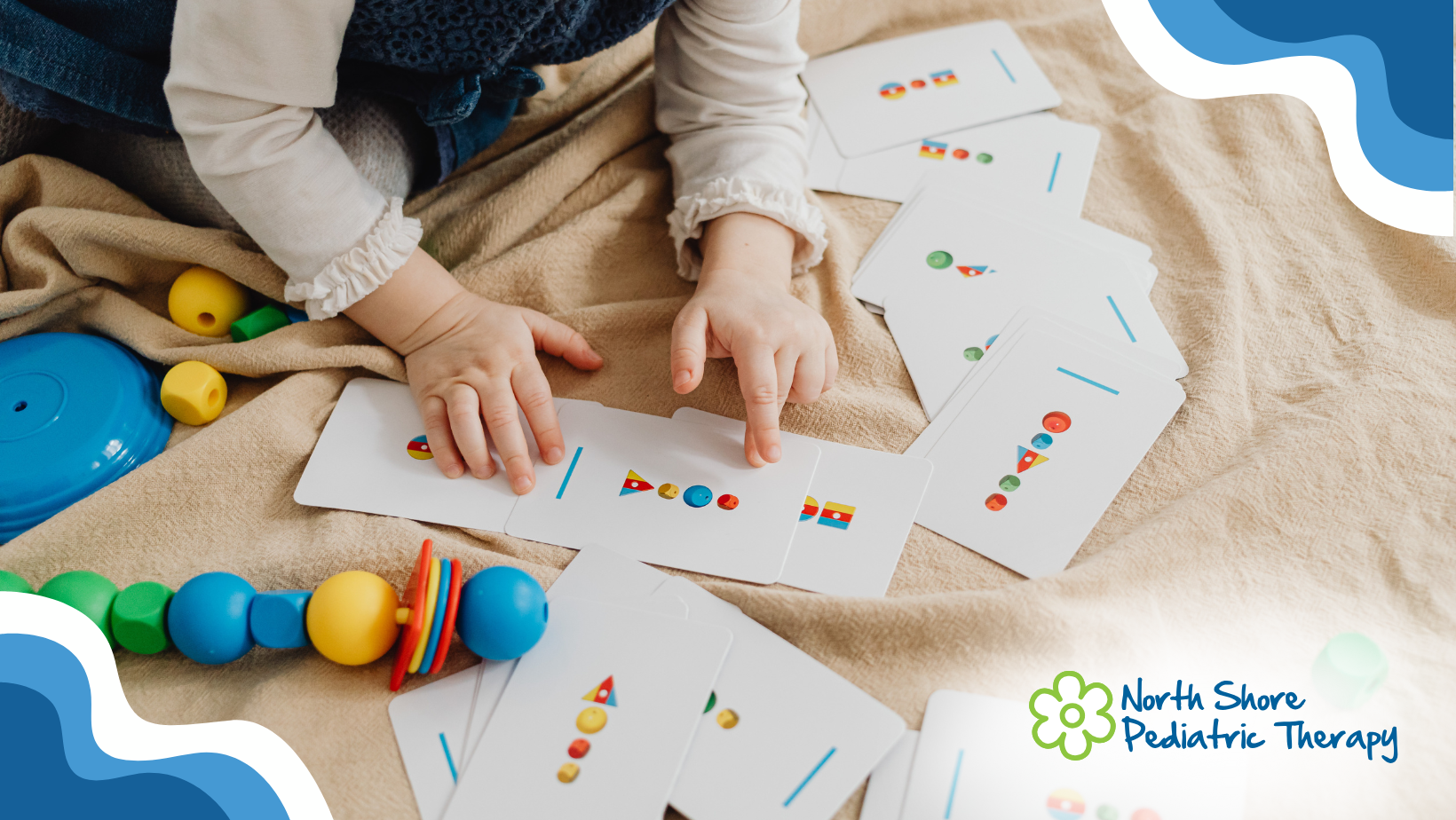Perhaps you just met your baby’s physical therapist (PT) for the first time. Or you are considering a physical therapy evaluation for your pre-adolescent and you are on the fence about whether an adult PT is better suited for him. Are you curious what sets pediatric physical therapists apart from others in the field? Or what today’s employers are looking for in entry level physical therapists?
While physical therapy has been around since the late 19th century, the field of pediatric physical therapy has experienced considerable changes since the 1970s. Of the 200 plus institutions across the nation that offer doctoral physical therapy education and training, there is great variability in how pediatric instruction is provided. Between 2011 and 2012, the Section on Pediatrics (SoP) of the American Physical Therapy Association (APTA) worked extensively to set up a framework to guide curriculum development of all entry-level Doctor of Physical Therapy (DPT) education programs. This framework focused on the most important aspects of working with children. The core competencies described below outline the knowledge, skills, and abilities therapists need to be successful in this field. They also help clinical instructors, such as myself, create teaching strategies and learning objectives for future students. Before any graduate of an entry-level DPT program could be considered a pediatric professional, she must demonstrate these 5 Essential Core Competencies:
- Human Development – The knowledge of development (especially motor development) across the lifespan is key in being able to analyze the growth and movement of children. Not only do pediatric PTs know about typical and atypical movement at each age, they are also aware of the maturation process/transition between skills levels. Orthopedic and neurological information specific to the pediatric population must be integrated throughout all clinical decision making for a pediatric therapist. In order to effectively interact with children across their lifespan, knowledge of psychosocial, cognitive, and communication developmental levels are also essential.
- Age-appropriate patient/client management – Along the line of being an effective clinician for children across different age groups, a pediatric physical therapist must accurately select appropriate tests and measures based on the child’s age, history, play activities, family structure, parent interview, endurance level, attention span, and numerous other factors. Treatment planning and interpretation of examination results rely heavily on knowledge of developmentally appropriate interventions and goals. Needless to say, the rehabilitation process between a 2 year old and a 10 year old are very different, even if they have the same mechanism of injury.
- Family-centered care for all patient/client and family interactions – One key difference between treating children and treating adults is the level of family involvement during the course of therapy. The pediatric therapist not only addresses the needs of the child, but the entire family as well. A child with special needs means a family with special needs. Pediatric therapists in various settings (hospitals, schools, clinics, doctor’s offices, and in the home) all must consider the priorities and goals of the family, as well as how they influence the child.
- Health promotion and safety – Going back to the idea that humans have different needs across the lifespan, special considerations must be given to the pediatric population. Parents may not be aware of environmental factors that affect development, safety concerns for specific ages, or the appropriate health care professionals for each stage of a child’s development. Pediatric physical therapists are here for that health and wellness promotion, both for typically developing children and children with special needs.
- Legislation, policy, and systems – Lastly, pediatric practitioners must understand public health programs and legislative policies that are appropriate for each age group and setting of pediatric clinical practice, such as Medicaid, Individuals with Disabilities Education Act (IDEA), and other state and federal regulations.















